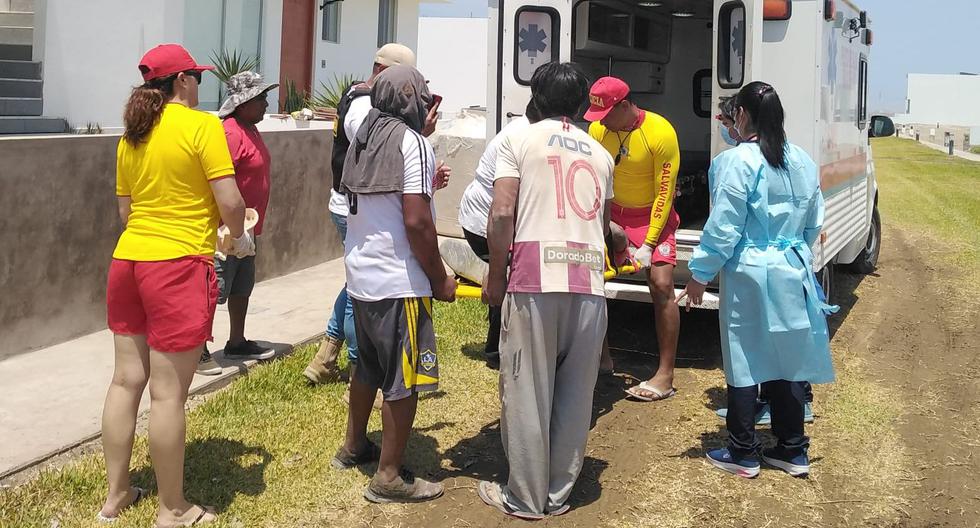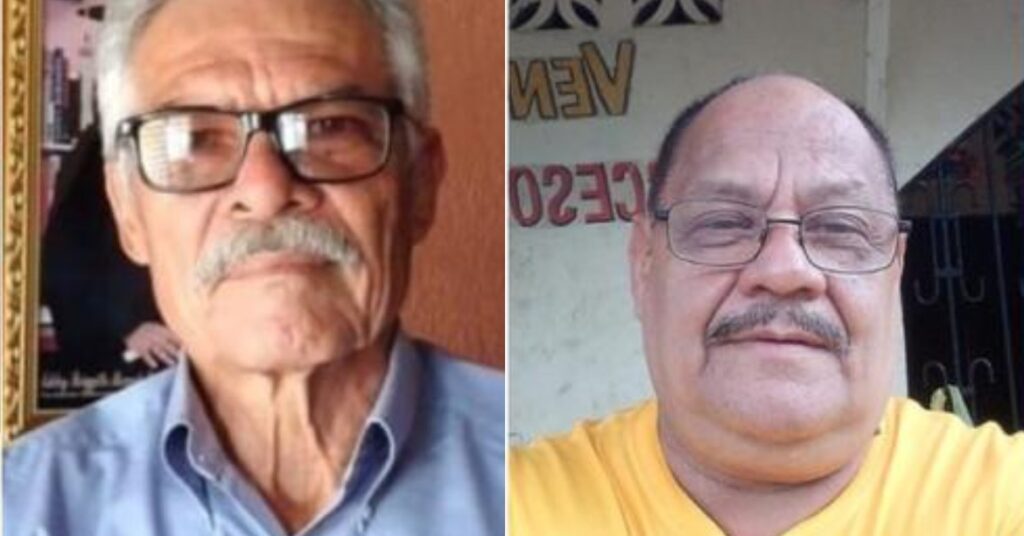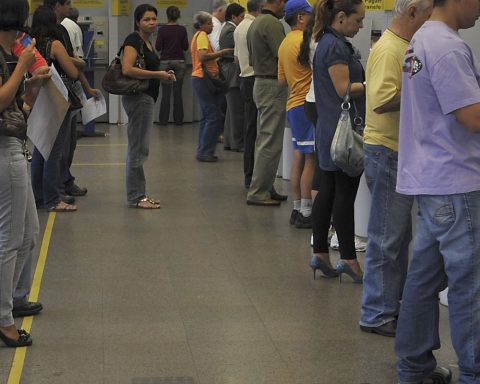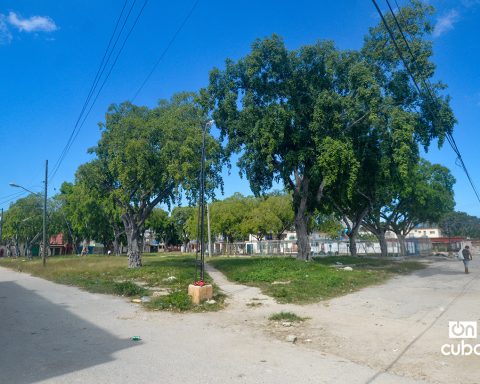The way things are going and given the non-observance of ordinance 117 of 1999 of the Municipal Board, it would not be strange that soon it will be the municipal legislature itself that modifies the norm and sends the issue of the minimum separation between service stations to walk. and its location distance from hospitals, public offices, educational institutions, in short, centers of great influx of public. Applying the fait accompli doctrine, there are so many gas stations that have sprung up like mushrooms throughout the country, with emphasis on the greater Asunción, that it would be easier and cheaper for the administrative power to launder their proliferation than to try in vain to turn things back.
There is jurisprudence. Jumping over the pond, a ruling by the Superior Court of Justice of Asturias, one of the 17 autonomous communities of Spain, annulled an article in the general urban planning plan for Gijón (in whose club Estradense the Paraguayan Joel Sanabria plays) that established a minimum distance 50 meters between gas stations and residential sectors. The court considered that the city council had not sufficiently justified the introduction of such a measure, and demanded that the municipal administration explain and identify the reasons of public interest that support this regulation.
However, at the other end of Spain, in Seville, the municipal government is considering expanding this separation to 150 meters in the near future to create a greater security zone. But since both cities respond to strict zoning criteria, the rule does not apply to areas that concentrate individual or grouped commercial establishments, as well as industrial estates and technical service centers.
In Asunción there has been an entelechy called the Regulatory Plan since time immemorial. It is a marvel of statements. There are residential, commercial, service, industrial zones, biodiversity corridors, macro-zones of green areas and preservation, downtown transition, logistics corridors, in short, the best that the semantic consultant of yesterday, today and always could charge the Municipal government. The reality, however, is different: in Asunción, anyone can install, build and operate anything in any part of the city. It’s just a matter of finding the right councilor and everything goes smoothly.
And gas stations are no exception.


















